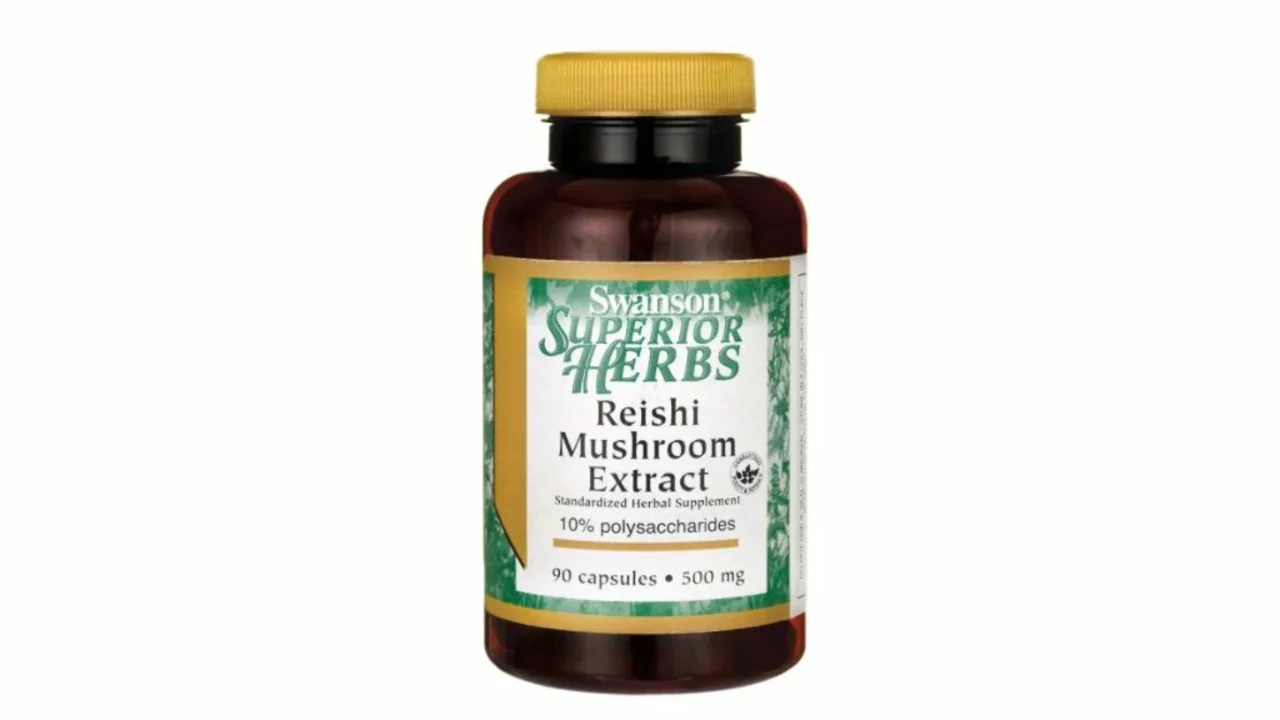Modern Dietary Supplements – Quick Guide
If you’ve ever scrolled through a health blog or watched a YouTube video about “boosting energy” or “fixing gut issues,” chances are someone mentioned a supplement. The market is exploding with new formulas, trendy herbs, and probiotic powders that promise everything from better focus to stronger immunity. But with so many options, how do you know which ones actually work and which are just hype?
Why People Turn to Modern Supplements
Most of us juggle busy schedules, occasional stress, and diets that aren’t always perfect. A supplement can fill those tiny gaps – think vitamin D in winter, magnesium for muscle cramps, or a probiotic for digestion. Today’s “modern” supplements go beyond basic vitamins; they blend science‑backed ingredients like Lactobacillus strains for gut health, plant extracts such as Sweet Annie (Artemisia annua) for antioxidant support, and nutrient‑dense liver extract to boost iron and B12 levels. The idea is simple: add a convenient, concentrated dose of something your body needs.
How to Pick Safe and Effective Supplements
Check the label. Look for a clear ingredient list, dosage instructions, and any third‑party certifications (USP, NSF). If you see vague terms like “proprietary blend” without amounts, walk away.
Know the evidence. A good supplement will have at least one peer‑reviewed study or clinical trial backing its claims. For example, Lactobacillus research shows it can improve weight management and digestion when taken consistently. Sweet Annie has emerging data pointing to anti‑inflammatory effects, but you’ll still want to see real numbers before spending big bucks.
Match the product to your goal. If you’re after better gut health, a multi‑strain probiotic with Lactobacillus acidophilus and Bifidobacterium is more targeted than a generic “digestive blend.” For energy and recovery, liver extract offers natural iron and vitamin A without the synthetic fillers found in many pre‑workout powders.
Watch for interactions. Supplements can mix with prescription meds. If you’re on blood thinners, high‑dose vitamin K or certain herbal extracts could cause problems. Always run a quick check with your pharmacist or doctor before starting something new.
Read reviews wisely. Real user experiences are helpful, but filter out the overly positive “miracle” stories. Look for comments that mention side effects, taste, and whether the product delivered on its promised benefit.
Putting these steps together makes the choosing process less intimidating. Start with a single supplement that addresses your most pressing need, monitor how you feel for a few weeks, then decide if you want to add more.
Remember, supplements are meant to complement— not replace—a balanced diet and regular exercise. Pair your chosen product with whole foods, stay hydrated, and keep moving. That combo is the real secret behind the buzz around modern dietary supplements.
Licorice: The Ancient Root Turned Modern Dietary Supplement Superstar
Licorice, a root that's been used since ancient times, has found its way into the spotlight as a modern dietary supplement superstar. Used traditionally in medicine for its healing properties, modern science has confirmed its benefits in various areas such as digestive health and immune system support. From soothing sore throats to aiding stomach issues, licorice is truly a versatile natural supplement. Despite its sweetness, don't be fooled, this root packs a potent health punch. It's amazing how this ancient root has become an essential part of our modern health regimen.
read more

